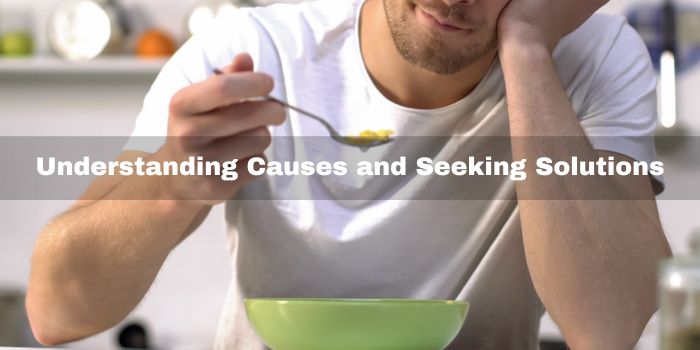Loss of Taste: Understanding Causes and Seeking Solutions
The sense of taste is a fundamental aspect of our daily lives, enhancing our culinary experiences and influencing our dietary choices. However, the sudden or gradual loss of taste can be a concerning and perplexing issue for some individuals. This article will delve into the various causes of taste loss, exploring common and uncommon factors and discussing potential solutions to help individuals regain this essential sensory experience.
Common Causes of Taste Loss:
Respiratory Infections:
Viral infections such as the common cold and influenza can impact our taste buds. The inflammation and congestion associated with respiratory infections often lead to a temporary loss of taste.
Medications:
Certain medications, including those used in chemotherapy, antibiotics, and antihypertensives, may interfere with taste perception. Understanding the side effects of drugs is crucial for addressing taste-related issues.
Dental Issues:
Poor oral health, gum diseases, and dental infections can contribute to taste loss. Maintaining good oral hygiene is essential not only for preventing dental problems but also for preserving taste function.
Ageing:
As individuals age, they may experience a natural decline in taste sensitivity. This can be attributed to a reduction in the number of taste buds and changes in saliva production. While age-related taste changes are common, they can be appropriately managed.
Less Common Causes:
Neurological Disorders:
Conditions affecting the nervous system, such as multiple sclerosis or Alzheimer’s disease, can impact taste perception. Understanding the connection between the nervous system and taste buds is crucial for addressing taste loss.
Hormonal Imbalances:
Fluctuations in hormone levels, especially during pregnancy or menopause, can alter taste perception. Hormonal changes may contribute to a metallic taste or a diminished ability to taste certain flavours.
Psychological Factors:
Stress, anxiety, and depression can influence our sense of taste. Addressing underlying psychological issues through therapy or counselling may be essential in managing taste-related problems.
Seeking Solutions:
Medical Evaluation:
If someone experiences persistent loss of taste, seeking medical attention is crucial. A healthcare professional can conduct a thorough evaluation to identify the underlying cause and recommend appropriate treatment.
Dietary Adjustments:
In cases where taste loss is temporary or related to specific medications, making dietary adjustments can help. Experimenting with different textures and flavours, including solid or contrasting tastes, may enhance the eating experience.
Oral Hygiene Practices:
Maintaining good oral hygiene through regular brushing, flossing, and dental check-ups can prevent taste loss related to dental issues. Treating underlying oral health problems is essential for restoring taste function.
Lifestyle Changes:
Adopting a healthy lifestyle that includes regular exercise, stress management, and a balanced diet can positively impact overall health, including taste perception.
Conclusion:
Loss of taste can be a multifaceted issue with various potential causes. Understanding the underlying factors is crucial for implementing effective solutions. Whether the loss is temporary or persistent, seeking professional medical advice is the first step towards regaining the joy of tasting and enjoying life’s diverse flavours.













